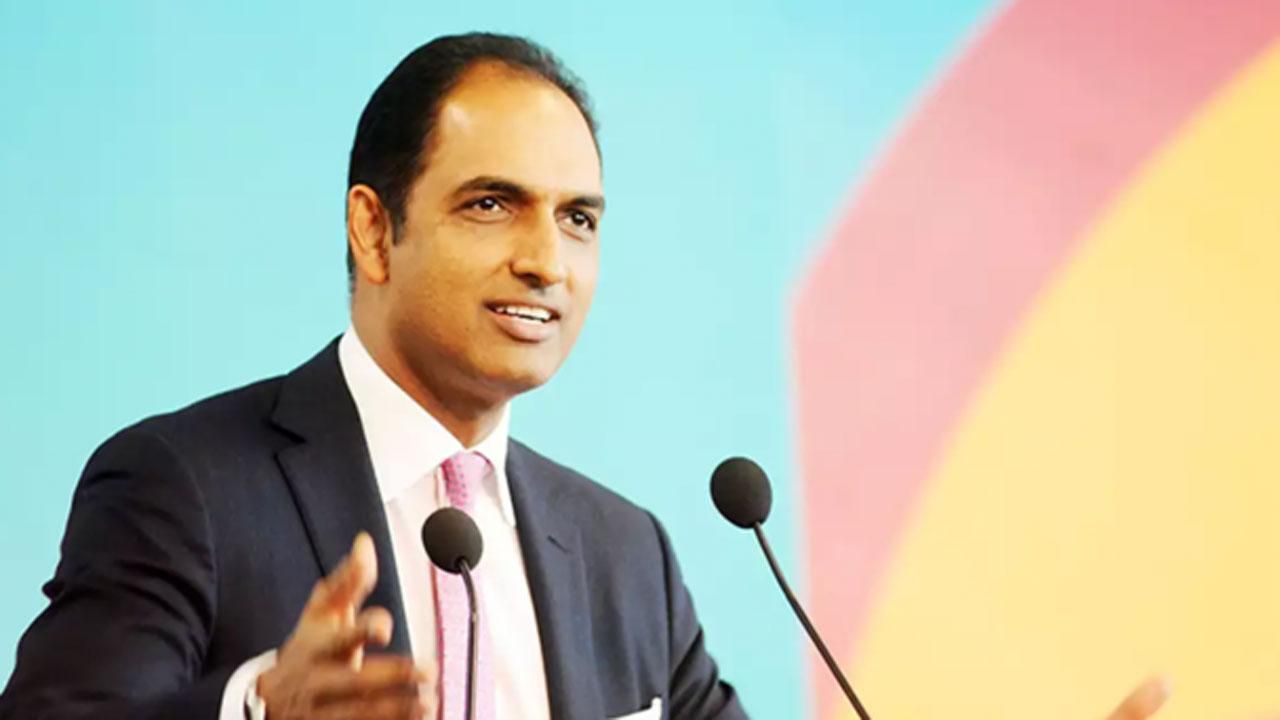November 18: India’s radical shift in its economic segment has been driven by the startup ecosystem. Whenever a business is launched, one of the major aspects that it needs to thrive is funding. GV Sanjay Reddy, Vice Chairman, GVK, explains India’s position as the third-largest startup ecosystem and the role of angel investors in promoting the activity.
“India eventually started walking this route in the last decade. The spark was ignited by the youth, which has maintained the capability to challenge the status quo. And fortunately, the investor community has also stood in full support, leading to the position the nation is in today,” explains GV Sanjay Reddy.
India’s investor community which includes Venture Capitalists (VCs), family offices and other funding networks, has functioned as its core helping hand. However, there’s another vital sub-category of investors who are recurrent figures in the fundraising processes – angel investors.
This category of capitalists are crucial to give businesses the necessary push. Angels put their funds into ventures at the time when they begin to take shape. “At this point, any business can make or break because sometimes even with potential, the funds are not channelised properly or fall short of the requirement mark,” says GV Sanjay Reddy.
The shortage of funds is often fulfilled via loans from institutions such as banks, where there is always a high percentage risk associated with repayments, regardless of the business’s success. Also, these financial establishments only approve of funds when they receive mortgages as a form of concrete guarantees. This leads to a lot of precious time being wasted. https://d25498f939a9b30bb9bf3a59056d8231.safeframe.googlesyndication.com/safeframe/1-0-38/html/container.html
With angel investors, lead time is reduced to a significant extent because investment decisions are made without any rigid set of guidelines. Also, since startups may need quick capital infusion, personal lending assets as assurance for funds may not be feasible. Therefore, these capitalists making the best use of their knowledge and expertise decide on the quantum of funds they must pool to ensure the growth of the companies.
“The success of any business is dependent upon how well the investors understand its true potential. India is home to a large number of startups, all of whom dream of achieving Unicorn status. This rank is given to privately held startup companies after they are valued at over $1 billion.” He adds, “Over the last year, India has added three Unicorns every month, taking the nation’s total to 51. This is more than both the UK and Germany, with 32 and 18 Unicorns respectively.
However, once businesses hit the ground running, it is vital for them to continue driving in the same vein. And angel investors open a vast number of opportunities, including attracting additional funding, and generating new ideas for running businesses and gaining a competitive edge.
Startups play a key role in India, and the ecosystem belongs to more than 38,000 companies that are presently operating with the hope of becoming the next big force. Also, as the culture of startups spreads the word of entrepreneurship, angel investors’ roles will only multiply.
Source: Deccan Hearald




